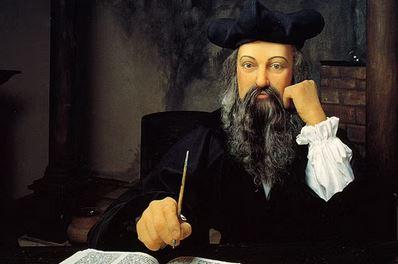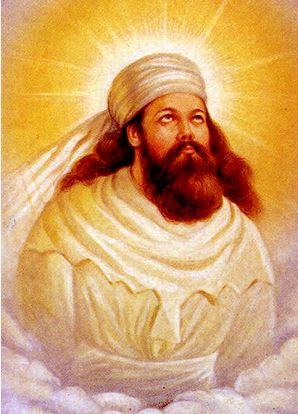Nostradamus

Definition:
Nostradamus (Michel de Nostredame, 1503–1566) was a French physician, astrologer, and seer, best known for his book of quatrains (Les Prophéties, 1555), which is claimed to predict hundreds of world events. His name has become synonymous with prophecy and mystical foresight.
Background & Work:
-
Born in Saint-Rémy-de-Provence, originally known for treating plague victims
-
Later gained fame as an astrologer and visionary writer
-
His "Centuries" contain 942 poetic, cryptic quatrains
-
The verses are not chronological, and full of symbolism, code words, and ambiguous language
Common Themes in His Prophecies:
-
Wars, revolutions, royal deaths
-
Rise and fall of leaders and empires
-
Plagues, natural disasters, cosmic events
-
Often (by interpreters) linked to Napoleon, Hitler, 9/11, world wars, and future apocalypses
Interpretation & Criticism:
-
The writings are highly vague and symbolic, allowing broad interpretations
-
Critics argue that meanings are often retroactively assigned after events occur
-
No scientific proof exists that he actually predicted future events
-
Still, he remains a cultural icon of prophecy in the Western imagination
Influence & Legacy:
-
Widely referenced in esotericism, conspiracy theories, and spiritual circles
-
His quatrains resurface in times of crisis, war, or uncertainty
-
Frequently featured in books, films, TV, and online media as a symbol of mystical insight
Links:








